News
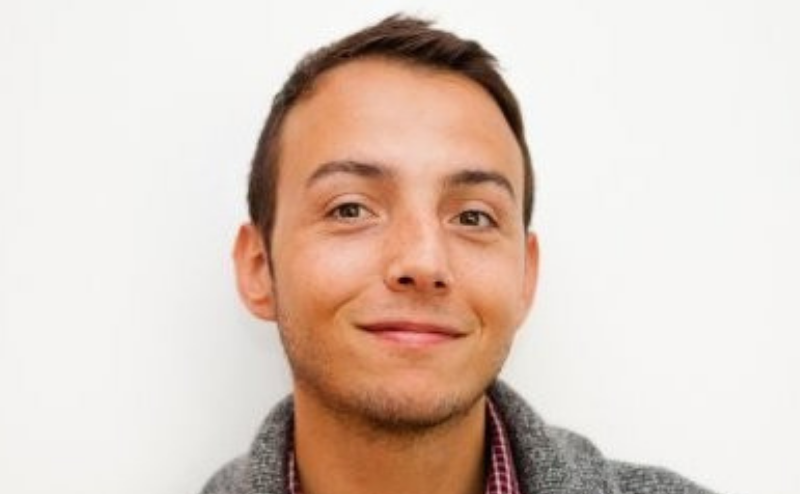
Julien Chenat, Product designer at Alan
Graduated from the professional certification, "Management of interactive digital projects" Julien Chenat started his career in 2008, at the beginning of interactive design in France. He is now a product designer at Alan, a new generation health insurance company.
You graduated from the “Management of interactive digital projects” programme in 2008. A time when interactive design was starting to spread in France.
UX already existed but, at the time, it was called “information architecture”. The sector was still in its early stages in France. There was no UX designer yet. For instance, my first job was called "designer - ergonomist", even though I didn’t have a degree in ergonomics.
Today the profession continues to evolve, and there is an increasing number of experts. We now speak of "product designer".
Tell us about your background ?
After GOBELINS I started working in agencies as a web designer, because it allowed me to work on many different projects and issues.
When I was working for Altima, my manager left for Viadeo. She suggested I followed her, so I left the agency world to start working on "products" oriented projects. I started at Viadeo and then worked for Allociné, Blablacar , the BPCE group (Banque Populaire/Caisse d'Epargne) before joining Alan in 2018.
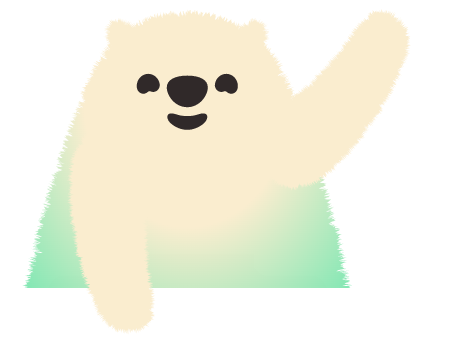
Credits : Alan
You are currently a product designer, what is your job about ?
Alan is a new generation health insurance. The purpose is to simplify the use of health insurance, especially reimbursements, by taking a picture of the bill when leaving the doctor's office. We are also working on topics related to health. For example, customers can chat with a doctor or a midwife, take eye tests, or be accompanied on their mental well-being. The goal is to become a real health partner anyone.
I work inside a team of 14 product designers. We work on different aspects of the product. Some of the product designers work for Alan abroad (in Belgium and Spain), others work in connection with the Human Resources departments of our clients. I take care of what we call the "members".
My work is to solve problems. I analyze situations that are brought to me and look for solutions. The reportings can be done in three different ways:
- through the support department : they are in direct contact with customers so they can alerts us on the issues that come up most often
- through user research that allows us to identify problems
- by analyzing data, for example, the registration process of an end-user can show that he, or she, drops out at some point. It is a sign that there is a problem to be solved.
Once the problem is identified, we have to agree on how to fix it. It can be a simple wording change or a more complex solution like creating a new user path for example.
What do you like about UX ?
I really like the duality of this job. On one hand, you have to be very analytical, almost scientific, to dig and understand the problem, to look at the data, to set up a protocol for the user tests, and on the other hand, you need to be very creative to implement the solution. In order to find the most suitable solution, you have to be able to stay very organized and be able to get out of the box at the same time.
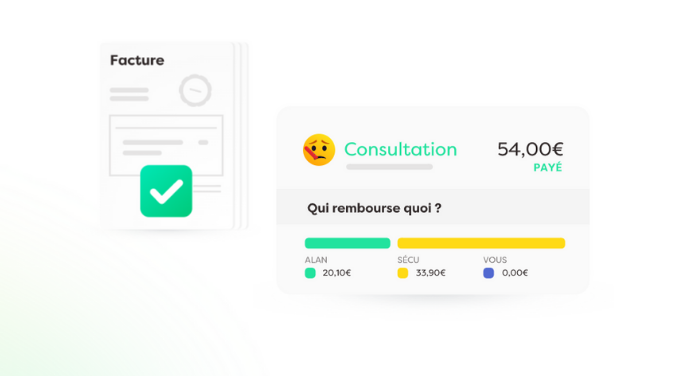
Credits : Alan
What did your training at GOBELINS bring you ?
It's a pretty incredible opportunity. If I hadn't finished my studies at GOBELINS I wouldn't have had access to my internship and I would never have been able to work in the companies I went through afterwards. I encourage people to finish their studies in such a prestigious school. It really changes everything, it opens doors.
Also, I have kept very good connections from my year at Gobelins and I still go to some speaker’s lectures.
What advice would you give to a young interactive design graduate ?
You should never limit yourself to the bare minimum. Going beyond the project required by the school is always interesting. Try to stand out, and do things that you don't necessarily have time to do during your training.
How do you see the poursuit of your career ?
This is a very good question that I ask myself very often and today I don't know! A lot of people want to move into management positions but it's not necessarily something that attracts me. Solving problems is still something that I like and I don't see myself getting tired of this job. Perhaps, I can imagine doing this in other fields than the health sector.
Interview by Sophie Jean
 2
2
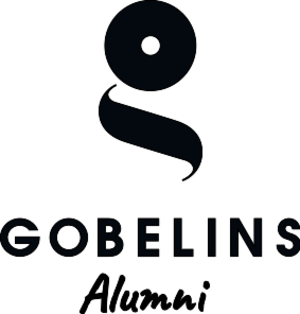










No comment
Log in to post comment. Log in.